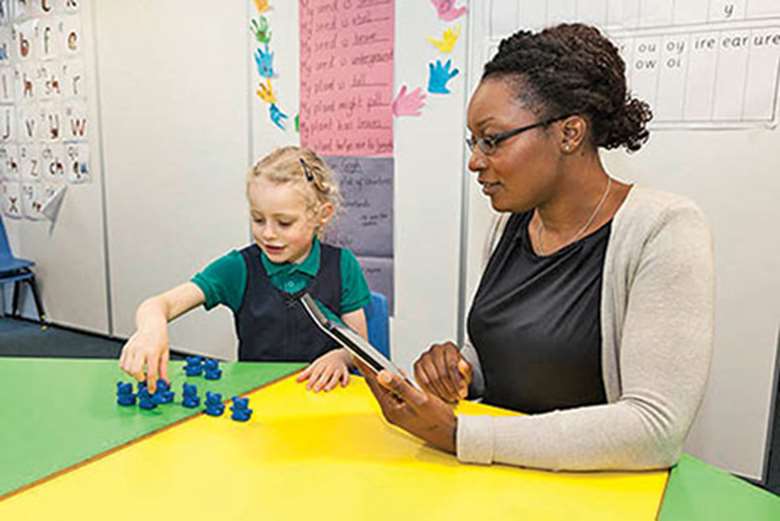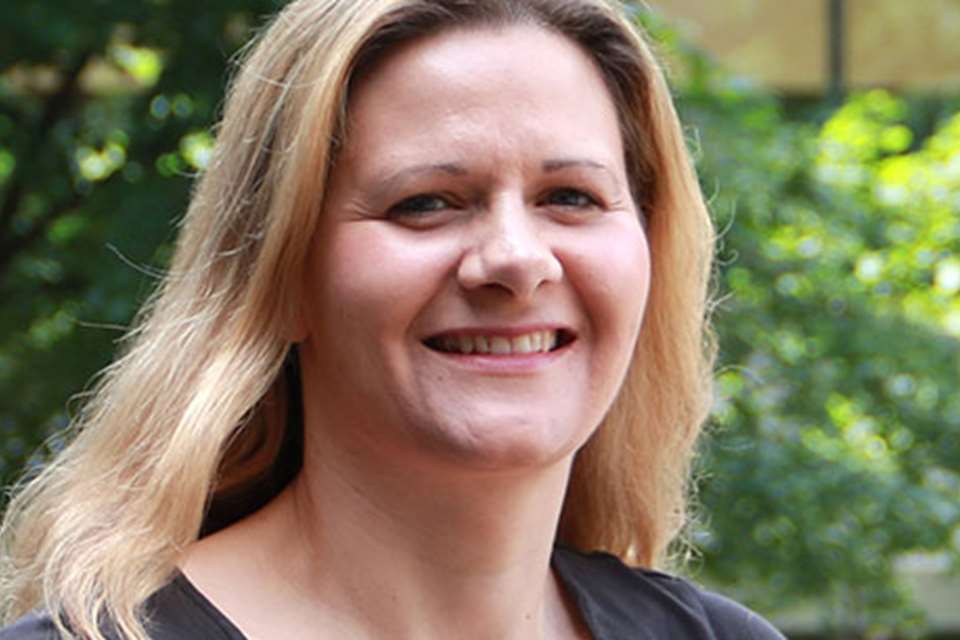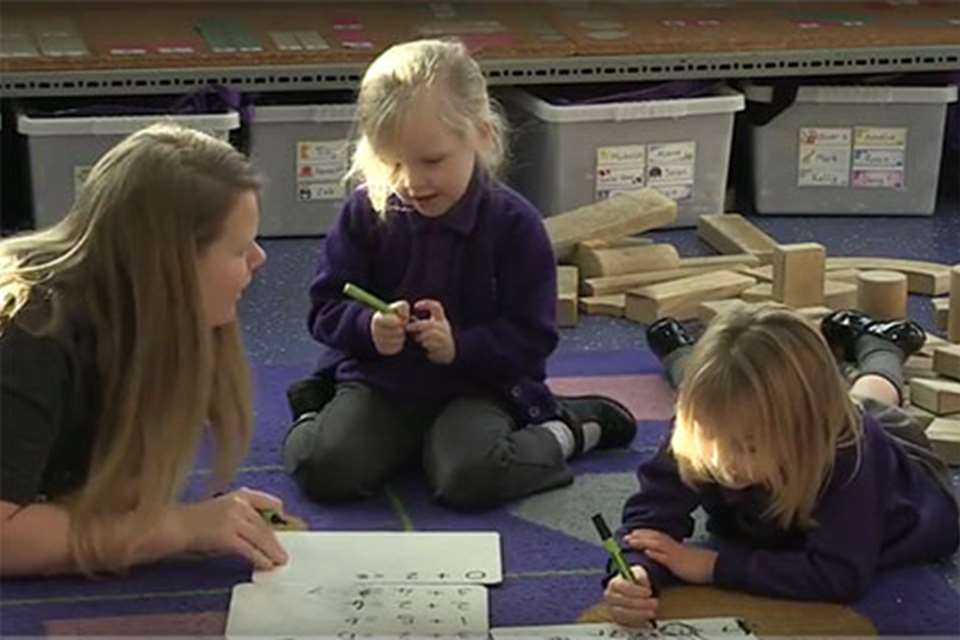Baseline £10m contract goes to NFER despite protests over Reception assessment
Sunday, April 15, 2018
The sector has expressed concern that the DfE is pressing ahead with plans for a Reception Baseline check following the news that NFER has been chosen to design and deliver the assessment.

Register now to continue reading
Thank you for visiting Nursery World and making use of our archive of more than 35,000 expert features, subject guides, case studies and policy updates. Why not register today and enjoy the following great benefits:
- Free access to 4 subscriber-only articles per month
- Unlimited access to news and opinion
- Email newsletter providing activity ideas, best practice and breaking news









